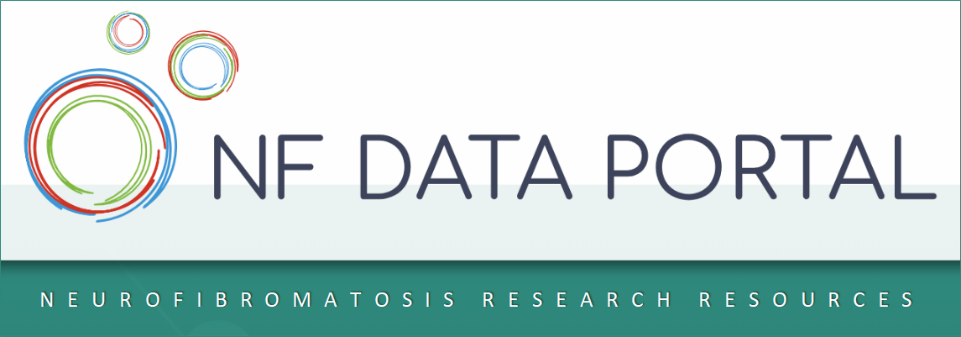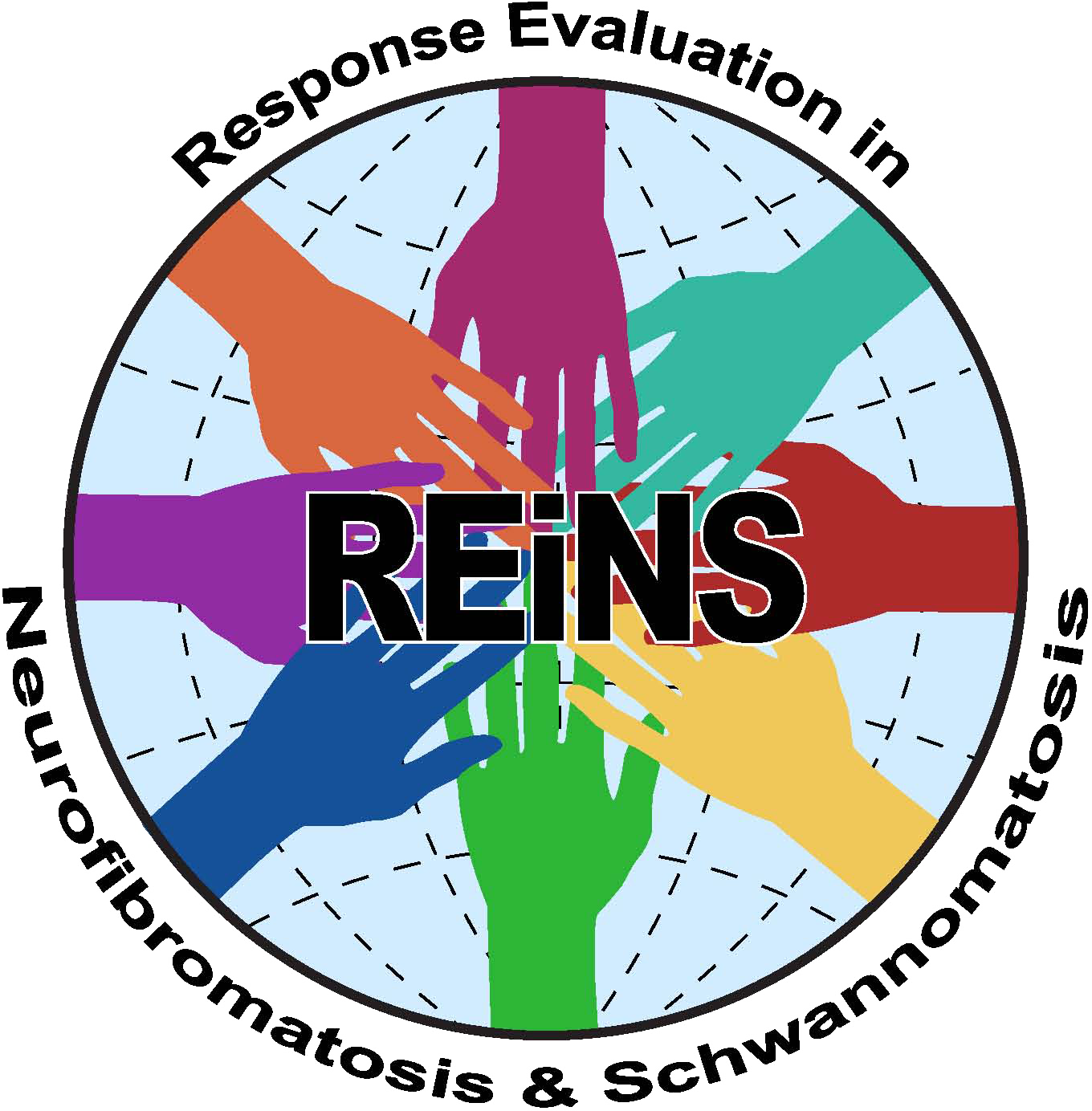The Children’s Tumor Foundation is accelerating the path to drug discovery by constructing an NF-focused Preclinical Hub to supercharge the development of NF treatments. As our understanding of NF has grown, more potential treatments are now within our grasp, and effective preclinical testing will better predict success once the drug moves into clinical trials.
CTF’s Preclinical Hub speeds innovation and builds bridges across academia, industry, and the medical community. The Preclinical Hub will streamline access to the best preclinical models and guide each potential treatment through a swift and appropriate screening journey, saving time and money.
Through the NF Preclinical Hub, CTF offers:
- Negotiated Master Service Agreements
- Predetermined protocols and tests
- Access to CTF models, data tools, libraries, and biomarkers
To enter the Hub, your model must be already characterized and validated. If you and your institution are willing to contribute cell lines and/or animal models to the Hub, please email Irene Morganstern (imorganstern@ctf.org), Director of Preclinical Initiatives.








